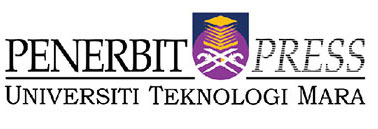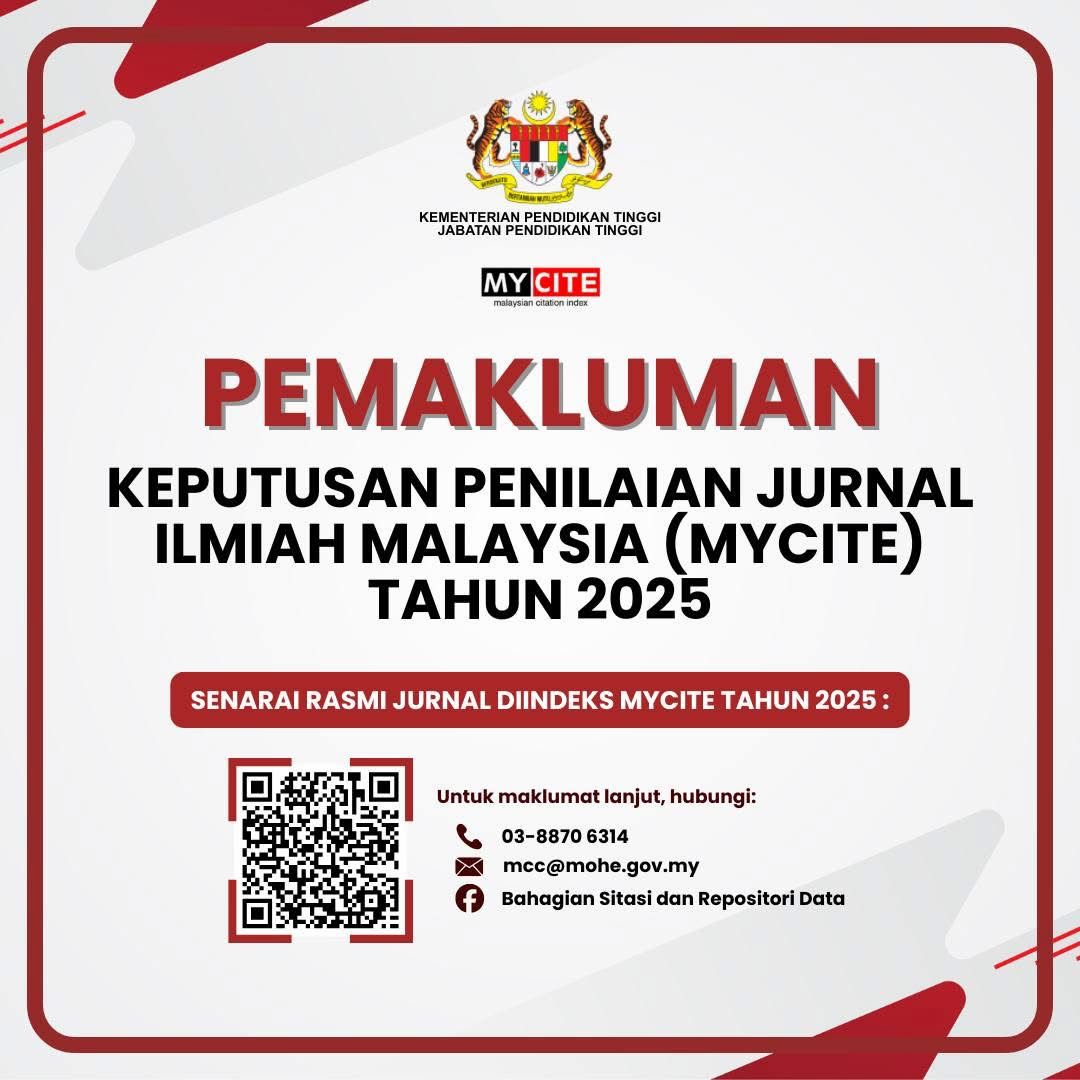NEWS UPDATE!
We are proud to announce that IDEALOGY JOURNAL has successfully sustained its indexation in the Malaysian Citation Index (MyCite) for the 2023–2025 period. Your high-quality contributions are the heartbeat of this journal. It is your research that drives the citations and impact that allow us to remain indexed. View Listing (No. 91).
eISSN (Online)
2550-214X
Journal Information
General Information
Pubisher (Penerbit Rasmi)
Penerbit UiTM (UiTM Press)

Publication Frequency
Biannual Frequency: Twice a year (April and September)
Scope
An interdisciplinary journal on Arts and Humanities
Editorial Team
Editorial Board
Peer Review
Double-blind Review
Peer Review Process
4 to 12 Months
Language
Bahasa Melayu
English Language
Submit Manuscript
Submission
Article Template for Submission


